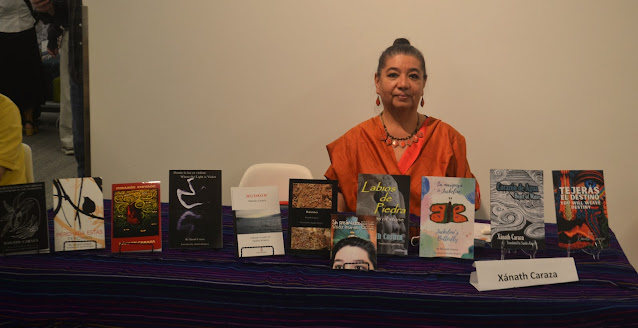My Friend, Betty. QEPD.
Michael Sedano
“We have nothing but Time,” we told one another as we walked along garden paths. The phrase was a magic incantation for us, lost in the folds of a curtain we couldn’t see beyond. Our world held no hope, no future, only that curtain. Our spouses lived with dementia and dementia means no hope, no future, only the opacity of that curtain’s certitude that death would raise the curtain. All we had was Time.
 |
| Memory Club 2018: Michael, Kayley, Randall, Betty, May, Julia, Tom, Rich, Barbara |
Betty, when I met her, offered the world a vivacious redhead with a ready smile and a feisty attitude. We were members of Memory Club, six couples living with a dementia. Betty and Rich had season seats at the chamber concerts Barbara and I attended, so we joined forces, had dinner, made a night of it. When Time weakened our spouses we stopped.
Betty and I sought respite walking the county Arboretum and Huntington Library's gardens, talking, remembering, making sense of the world as it found us. Rich died first. We walked and talked about being alone. Barbara died. Betty and I walked and talked about life after dementia. We were never romantic. Our friendship had weathered the most severe tests imaginable; we would hold onto our memories together.
Betty fell hard in a parking lot. Xrays discovered lung cancer. Our garden strolls disappeared, instead, I drove Betty to City of Hope for six months, two or three times a week. She was chronically fatigued and we did not walk anymore. I would visit Monday mornings, cook her breakfast, greet her caregiver, and go about my life. I have a new life. I missed a few visits.
Two months ago, Betty texted me. She'd moved into a hospice facility; a house in a quiet Arcadia neighborhood. I visited on Mondays, urged Betty to eat the breakfast on her tray. She wasn't particularly interested in food.
Last week, Michelle, a loving caregiver, texted me. Betty is in her transition period now. She sleeps a lot , doesn't eat or drink. The next day, I visited.
Betty spoke magic to me in what was our penultimate visit, only three days before our final visit. I sat on her bed, stroking her knee, talked about our friendship. She was frail and quiet. Her eyes opened blankly and she cried out, “ow, ow, ow,” and closed her eyes. I stared helplessly at her.
Then Betty opened her eyes, looked at the ceiling then looked down and made eye contact with me. “I love you,” she whispered and smiled. “I love you,” I answered. I left encouraged that she had more Time.
Our final visit came with sad acceptance of rapidly approaching Time. Betty's body had grown beyond frail, she was a whisper of the person I'd left only three days earlier. Now she lay eyes blank and mouth open, the oxygen cannula hanging loosely at her nose. The hospice manager told me she’d been asleep two days and only today had opened her eyes to the room around her.
Michelle put a chair at the bedside. I sat and leaned toward my friend. Betty smiled when she recognized me. Her mouth moved, I could see her tongue forming sound but her lips did not move.
Monday, December 30, Time ran out for Betty. She died quietly in her hospice bed, only a mile from the Arboretum where we walked seeking respite, understanding, and biding our Time.





































